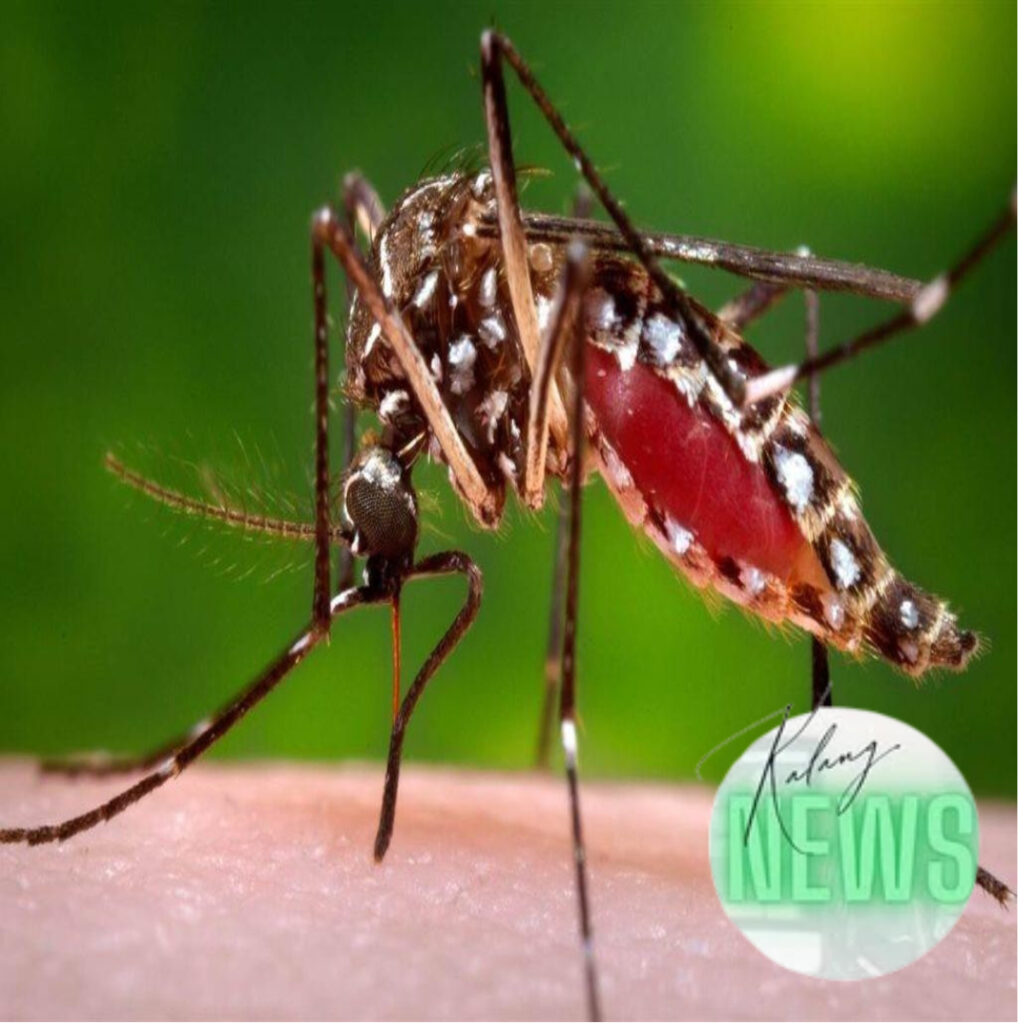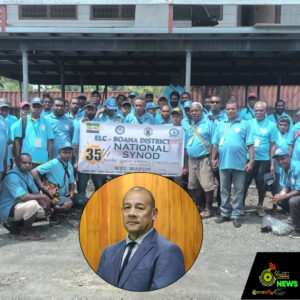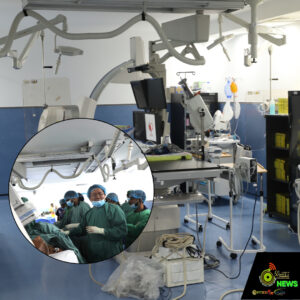MOSQUITO &WATER-BORNE ILLNESSES INCREASE DURING RAINY SEASON

By Vonu LIBITINO
THE long rainy season brings on a host of illnesses that are associated with increased humidity and the rise in disease-carrying insects.
The Papua New Guinea (PNG) National Department of Health, through the Manager of Public Health Surveillance & Responses, Mr. Barry Ropa, explained there are increases in mosquito-borne, water-borne, and respiratory and fungal infections during this time.
Mr. Ropa explained that some of the common illnesses associated with the wet season in tropical regions include mosquito-borne diseases like:
- Dengue: Caused by the dengue virus, which is transmitted by Aedes mosquitoes. The rainy season creates ideal breeding conditions for these mosquitoes.
- Malaria: Transmitted by Anopheles mosquitoes, malaria is a significant concern in many tropical areas, especially during and after the rainy season when mosquito populations increase.
- Chikungunya: Also spread by Aedes mosquitoes, chikungunya causes fever and severe joint pain. The wet season can lead to outbreaks due to increased mosquito breeding.
- Zika: Like dengue and chikungunya, Zika is transmitted by Aedes mosquitoes and can spread more rapidly during the wet season.
Water-borne diseases also increase, and according to Mr. Ropa, these include:
- Leptospirosis: Caused by bacteria found in water contaminated with animal urine, leptospirosis is more common during floods and heavy rains.
- Cholera: Outbreaks can occur when flooding contaminates water supplies with Vibrio cholerae bacteria. Cholera is characterized by severe diarrhoea and dehydration.
3.Typhoid Fever: Spread through contaminated food and water, typhoid fever can become more prevalent during the wet season due to compromised sanitation.
The wet season can lead to increased cases of respiratory and fungal infections due to higher humidity and close living conditions.
“To mitigate the risk of these illnesses during the wet season, it is important to use mosquito nets and repellent to reduce mosquito bites.
Ensure you have proper sanitation and a clean water supply to prevent water-borne diseases.
Also, avoid walking barefoot in flooded areas to reduce the risk of leptospirosis,” Mr. Ropa advised.
He said people need to promote good hygiene practices to prevent the spread of infections.
“Understanding these risks and taking appropriate preventive measures can help reduce the incidence of these illnesses during the wet season in tropical areas,” Mr. Ropa said.





